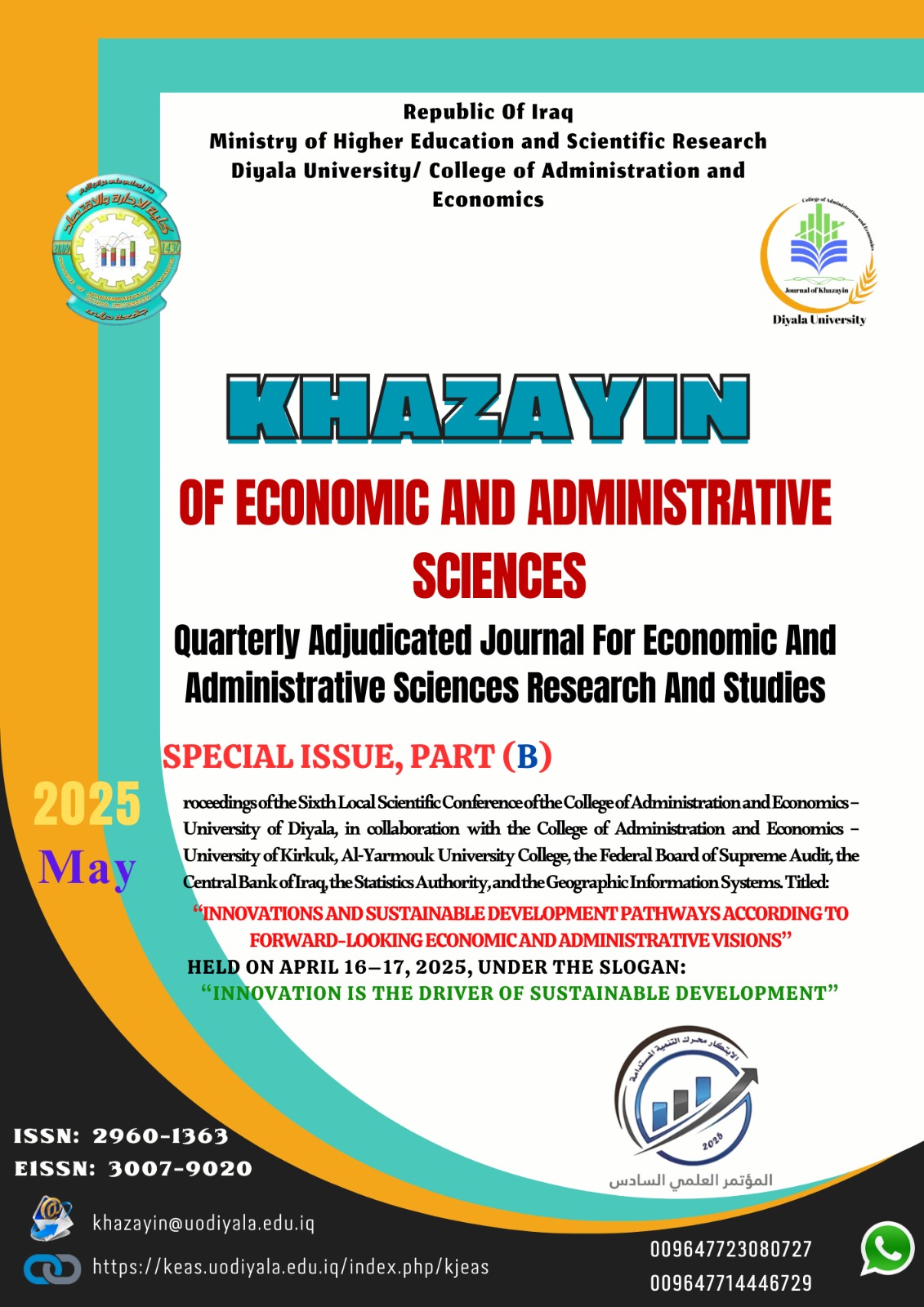The Impact of joint audit and its implications for audit quality in governmental institutions (2004-2024)
DOI:
https://doi.org/10.69938/Keas.Con2.250235Keywords:
Joint Audit, Quality Audit, Regulatory Factors, Behavioral FactorsAbstract
The research addresses joint auditing as a tool to improve the quality of financial auditing and to keep abreast of developments in the auditing environment, where it promotes Joint audit trust in financial information and contribute to informed decisions by shareholders. Researchers used a questionnaire form distributed to 120 accountants, auditors and academics, where 110 forms were recovered, of which 105 were analytical. Multiple statistical methods were used to analyse the data. The study found that joint auditing improves the quality of auditing by sharing experiences. It also promotes transparency and reliability and reduces bias. It also helped reduce risk and increase efficiency. Moreover, there is no morally significant impact of personal factors on audit quality. The study recommends that cooperation procedures be activated between audit teams to share knowledge and experience as well as documenting all steps for transparent and joint risk identification

Downloads
Published
How to Cite
Issue
Section
License
Copyright (c) 2025 Khazayin of Economic and Administrative Sciences

This work is licensed under a Creative Commons Attribution-NonCommercial 4.0 International License.










